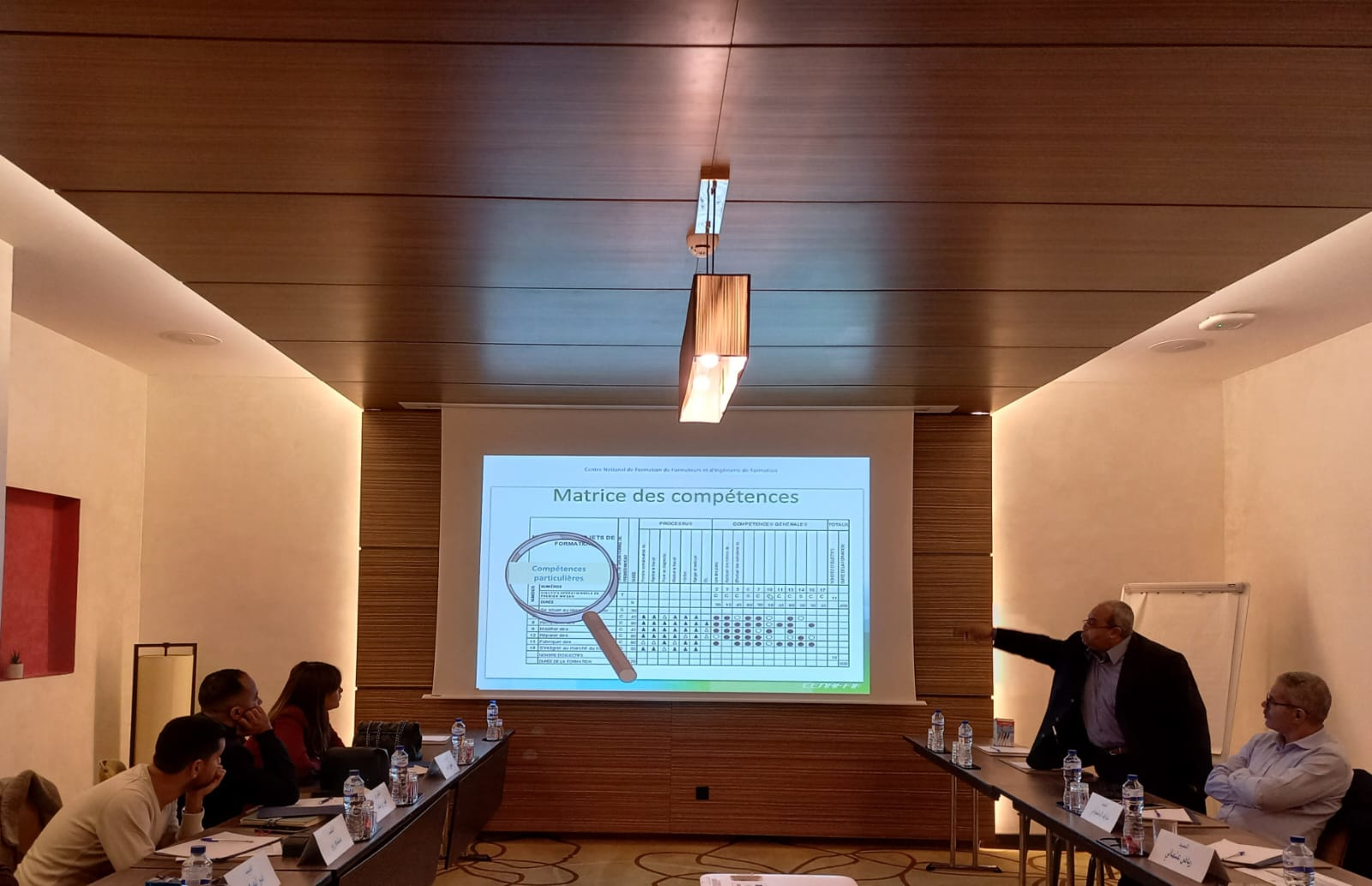
Program Description
Following the 2011 uprising, the Tunisian government has been implementing fundamental reforms to the security sector to better align with democratic norms and international standards while improving operational capacity to respond to security threats in a volatile regional security context.
In 2016, USIP and the Tunisian Ministry of Interior — with support from the U.S. State Department Bureau of International Narcotics and Law Enforcement Affairs — launched a three-phased initiative to reshape training of internal security forces to better align with the post-revolution values, mission and goals for a public service-oriented and accountable police force. These systemic reforms of Tunisia’s security apparatus are intended to help advance durable peace, stability and conditions more conducive to democratic consolidation. With support from USIP, Tunisia’s National Guard is driving a host of reforms to the training systems and approaches to advance accountability, transparency, respect for human rights, and the rule of law institution-wide.
During Phase I of the initiative, USIP collaborated closely with Tunisia’s National Guard and National Police to conduct a comprehensive and participatory assessment of their training systems. The assessment resulted in a series of actionable recommendations that served as a roadmap for the implementation of reforms in the subsequent phases of the project, as well as part of the larger context of security sector training reform initiatives.
Now in the third and final phase of the project, USIP has deepened its collaboration with the National Guard and is providing direct technical assistance to standardize and digitize high-quality training content using a human rights-integration and competency-based approach; to centralize oversight over training content development and review to ensure its alignment with international standards and democratic values; and to build sustainable capacities in strategic planning to ensure the continuity of implementing substantial reforms in the future.
The digitization of the training content ensures that training is accessible to new recruits as well as experienced officers in the field, guaranteeing an institution-wide understanding of the ongoing paradigm shift and reverberating the core organizational values across the entire operational force. The implementation of a human rights-based approach will especially contribute to improved police-community trust by instilling respect for rule of law and human dignity throughout training curricula. As part of this joint venture, USIP and the National Guard will develop a model for training digitalization and reform that will guide similar processes in other Tunisian government institutions.
In the same spirit, USIP has also launched a new initiative in close partnership with the Ministry of Interior to support foundational reforms throughout the various structures of the state security apparatus. As part of this initiative, USIP and the Ministry of Interior are helping build police-community trust by promoting best practices for nonviolent communication, de-escalation techniques, conflict management and peacebuilding. USIP’s continued support to security sector training reform in Tunisia remains crucial for the long-term success of strategic governmental reforms toward public-service-centered policing.




